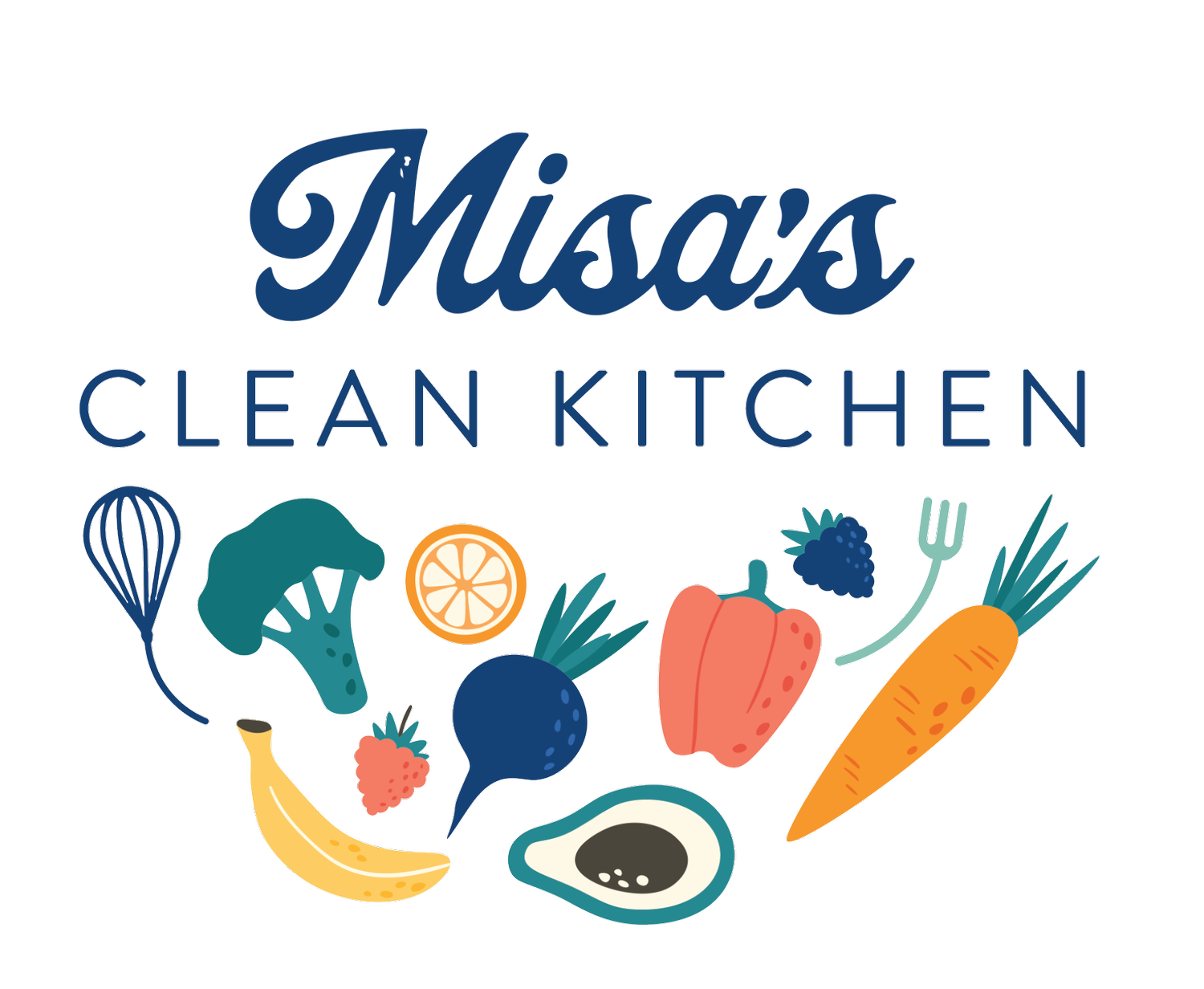The Scoop On Eggs
Going to the grocery store and trying to find healthy options can be a bit overwhelming and confusing with all the misleading labels and false advertising. “Heart healthy” cereal full of sugar and seed oils, is NOT heart healthy. Trying to navigate the eggs section can be a bit stressful too! Cage-free, free-range, pasture-raised, organic to name a few. What do these terms mean?
Here is a simple break down
Local, pasture-raised eggs from a trusted farmer are always the best choice as hens get plenty of sunlight, room to roam, and a varied diet. Buying eggs locally, allows for the opportunity to talk to your farmer and learn about how the hens are cared for. Are they pasture-raised? Do they feed their hens organic or non-GMO feed? Do the hens have opportunity to roam in the field and feed off of nature?
If you don’t have the opportunity to buy local, it doesn’t fit into your budget, or you need to supplement on occasion, understanding these few terms can be helpful.
Conventional: Hens are caged in a small space. They never see light and consume corn or a soy GMO diet.
Cage-Free: Hens have more space to move around but they are still confined to barns, don’t see natural light, and are fed a corn or soy GMO diet.
Free-Range: Hens have more space to roam than the cage-free hens. They have access to outside but may seldom get to see the light. Their diet consists of corn and soy GMO diet.
Omega 3 enriched: Feed is supplemented with an omega 3 source, like flax seeds. Feed is still a GMO grain.
Pasture-Raised: Hens have much more space to roam and consume a varied diet of feed, grass, bugs, worms and anything else they can find in the dirt. They are also exposed to natural light on a daily basis. These eggs are much more nutrient dense since they are getting vitamin D from the sun and eating foods that nature intended them to eat.
Below are a few different certifications to be aware of
Certified Humane: Hens are allowed to roam freely in the pasture during the daylight. They eat a varied diet of grass, bugs, and worms. Every farm with this certification is audited. This seal is important in the absence of federally-defined standards for pasture-raised hens.
Certified Organic: Hens do not receive antibiotics and are given organic feed. They do not necessarily have access to the outdoors, have space to roam, or a varied diet.
Non-GMO Project Verified: Hens are given Non-GMO feed. This feed is not organic. They do not necessarily have access to the outdoors, space to roam, or a varied diet.
Why is all this important?
Hens that are given lots of sunlight, opportunity to roam, and eat a varied diet, lay eggs that are more nutrient dense. Have you ever noticed the difference in the yolk color before? Yolks from pasture raised chickens are a bright orange, while yolks from chickens who are raised without sunlight and are grain fed are a light yellow color. This is because of the nutrient density of their diet. Hens raised in a pasture, lay eggs containing 3 to 4 times the amount of Vitamin D then conventional eggs. They are also significantly higher in Vitamin A, E, and omega-3 fatty acids (1). I like to keep this in mind when I’m paying more for my eggs. Pasture raised eggs are more expensive but I’m also getting a lot more nutrition from each egg!
Want an easy way to incorporate more nutrient dense eggs into your family’s diet? Sweet Potato Quiche is packed with 8 eggs and is an easy meal to make ahead of time. We eat this quiche almost weekly and is great for a busy night served with avocado toast and fresh fruit.
Personally, I buy my eggs locally whenever I can (a much more affordably option these days) and supplement with Certified Organic, Pasture-Raised eggs.
Hope this helps the next time you go egg shopping!


